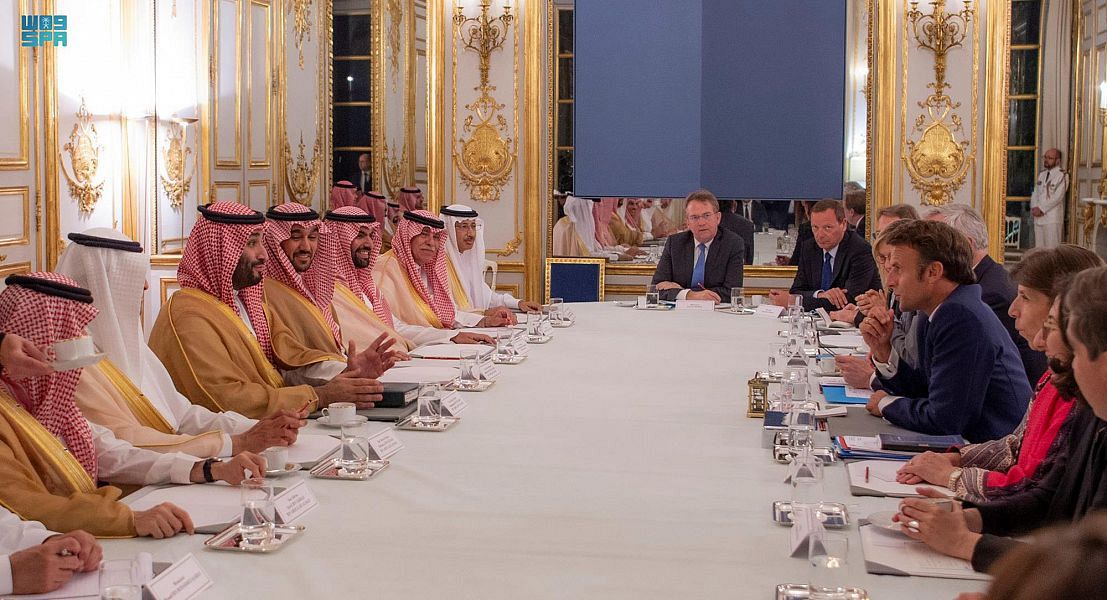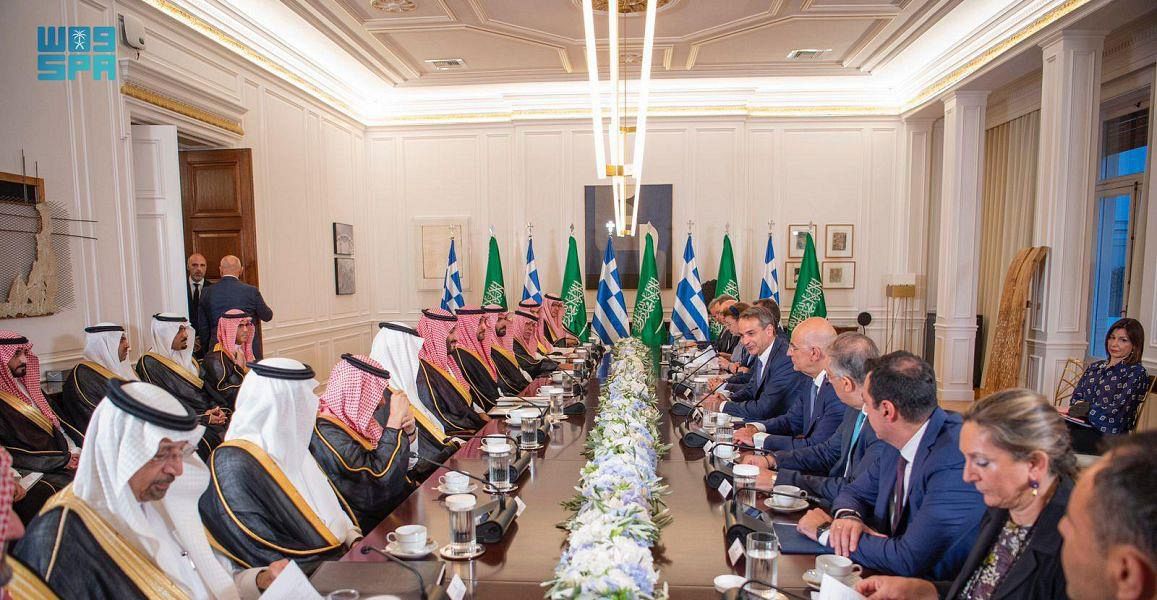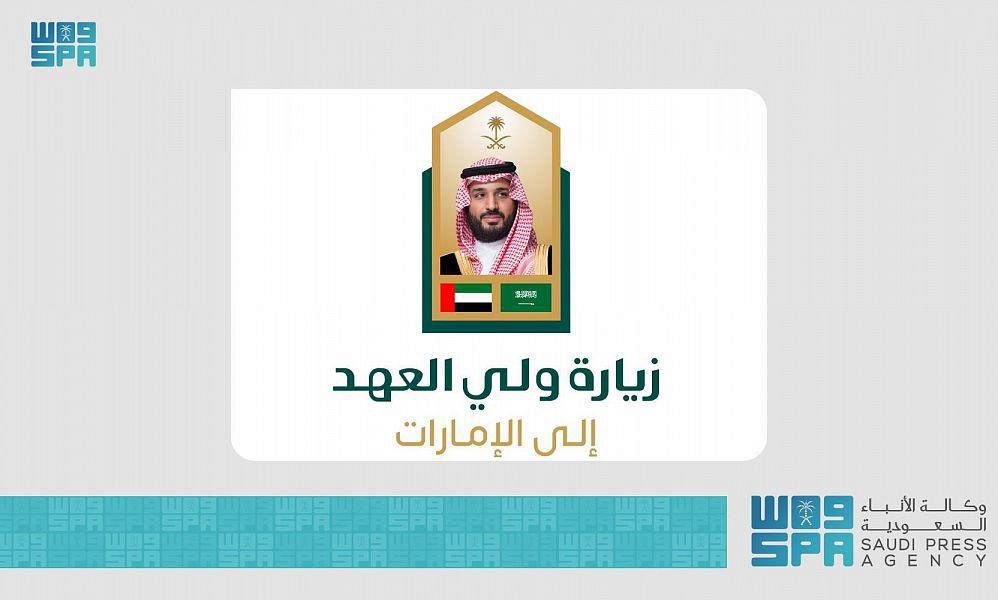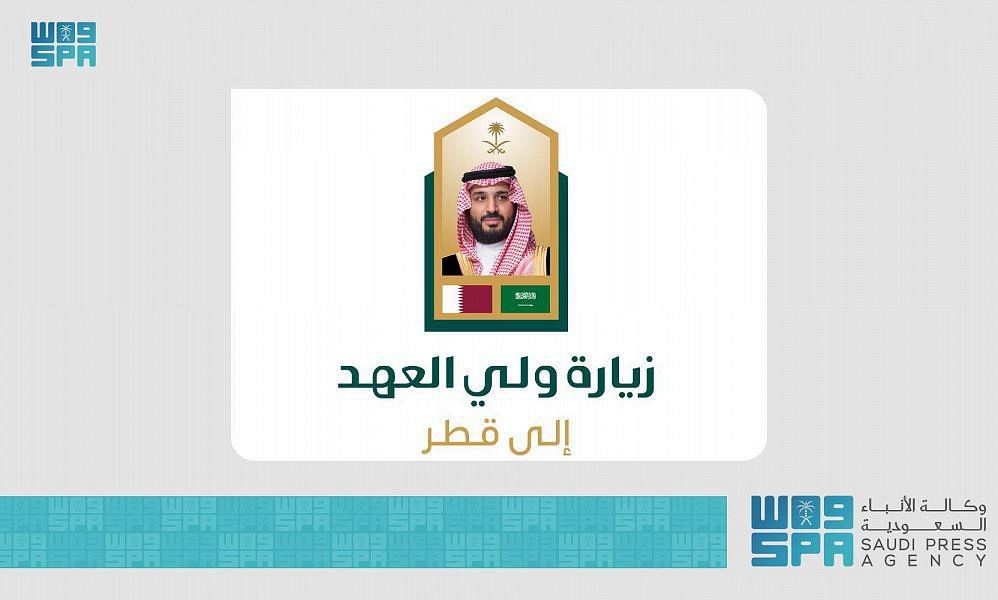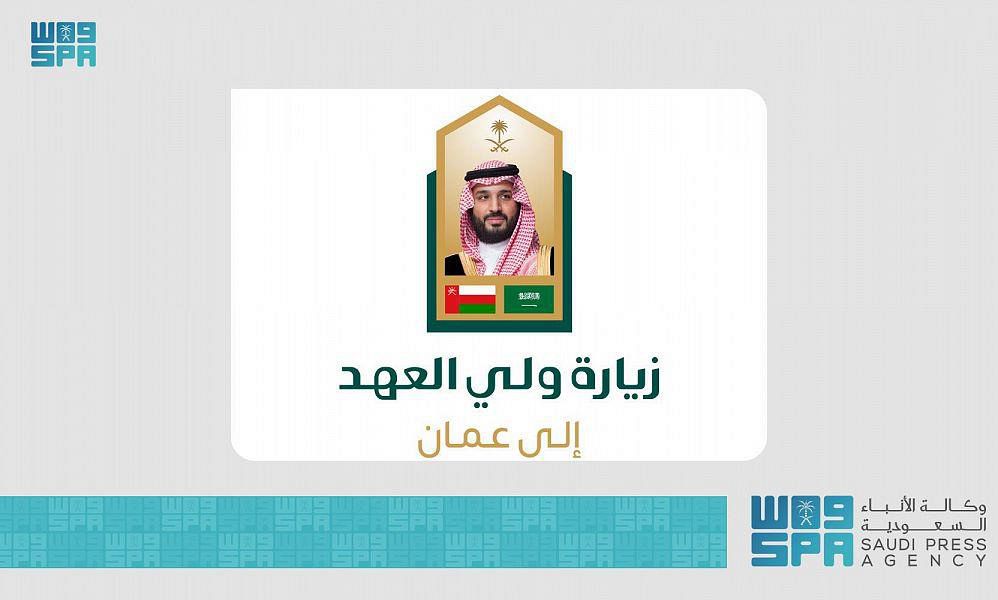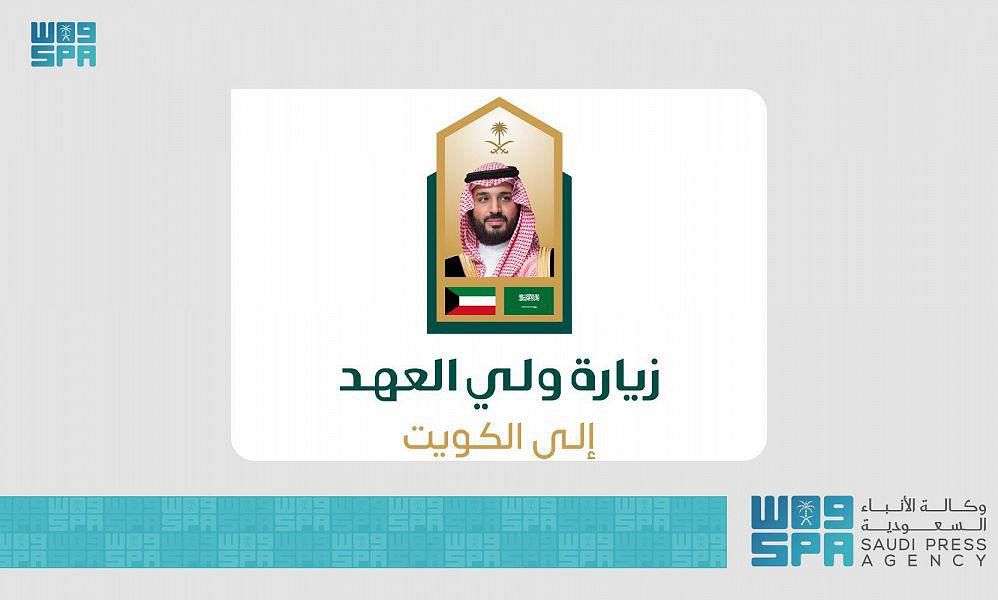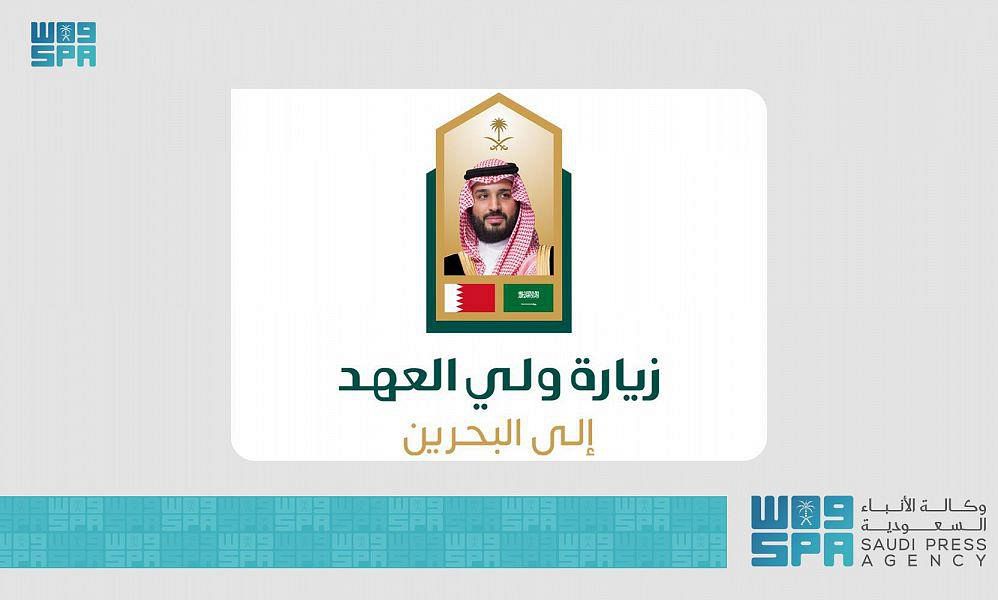
Crown Prince Mohammed bin Salman concluded on Friday a three-day visit to Britain where he held talks with a number of officials during which a number of trade and investment agreements were signed.
A joint Saudi-British statement was issued at the end of Prince Mohammed’s visit during which London affirmed its “strong support for Saudi Vision 2030,” reported the Saudi Press Agency (SPA).
The UK is committed to offering expertise to Saudi Arabia to help it achieve vital reforms that are covered by Vision 2030. For its part, Saudi Arabia stressed that the UK is a strategic partner for Vision 2030 given the advanced skill and capabilities of its private and public sectors in various fields, such as education, health, culture, entertainment, finance, science, innovation, energy, security and defense.
Prince Mohammed and Prime Minister Theresa May hosted on Wednesday the inaugural meeting of the UK-Saudi Arabia Strategic Partnership Council. This will serve as a main mechanism for organized dialogue aimed at bolstering all aspects of the bilateral relationship. This includes economic, defense, security, humanitarian aid, regional and international issues, said SPA.
The two sides agreed on a work plan to implement this strategic partnership. Follow up meetings will be held in 2018.
Saudi Arabia and the UK are committed to a “long-term partnership to support Vision 2030 to cover several fields.” They include assessing opportunities and investments with the UK through the Public Investment Fund (PIF).
The UK realizes Saudi Arabia’s massive potential to become a global investment power. It therefore vowed to work with it to develop human capital. PIF agreed to work closely with British powers to determine investment opportunities that would be mutually beneficial for both countries.
On security affairs, Saudi Arabia and the UK stressed the importance of the defense and security relationship and its role in achieving joint national security and regional stability. They hailed in this regard the strategic defense relationship that began over half a century ago. This includes security cooperation in countering terrorism and its funding, developing joint capabilities and strengthening regional security.
The two sides vowed to achieve a deeper partnership that encompasses wider cooperation in confronting new challenges. This includes strategic cooperation in cybersecurity. An agreement was signed in this regard.
The two countries stressed their determination to exert focused efforts to combat terrorism and extremism through information exchange and understanding the paths taken by the terrorists and radicals to influence the susceptible parts of society.
The UK praised the Kingdom’s leadership for bolstering tolerance and inter-faith dialogue and establishing initiatives linked to countering extremist thought. They agreed to exchange better practices and determine joint opportunities for initiatives to combat terrorist propaganda.
The Riyadh and London governments signed a number of Memorandums of Understanding aimed at deepening cooperation and partnership between them and bolstering Saudi Arabia’s defense capabilities. Britain signed a multi-billion-pound preliminary order from Saudi Arabia for 48 Eurofighter Typhoon fighter jets.
On international affairs, the two sides agreed to continue close cooperation in international security, national development and humanitarian affairs. They pledged to this end 100 million pounds to the joint fund to bolster prosperity in the Horn of Africa and east Africa.
The two sides stressed the need for Iran to respect its neighbors and refrain from meddling in their internal affairs. It must adhere to international norms and the United Nations Charter in this regard. Iran must take tangible steps to build trust and resolve disputes with its neighbors through peaceful means.
On Yemen, the two countries stressed the need to reach a peaceful solution to the crisis on the basis of the Gulf Cooperation Council initiative, national dialogue and United Nations Security Council resolution 2216. They agreed to hold constant consultations and meetings on Yemen.
They agreed that any political solution should end security threats against Saudi Arabia, other neighboring countries and Red Sea traffic. They demanded an end to Iran’s support for the Houthi militias and the withdrawal of all Iranian and “Hezbollah” forces from Yemen.
Riyadh and London agreed to continue to work together to address the humanitarian crisis in Yemen through the efforts exerted by Saudi Arabia. This includes the comprehensive humanitarian operations plan that was announced by the Kingdom earlier this year. Saudi Arabia renewed its commitment to implement the demands of the UN.
They stressed the need for the international community to exert pressure on the Houthi militia to force it to allow humanitarian aid to reach unimpeded areas under its control. All necessary measures must be taken to bar the smuggling of weapons in accordance to resolution 2216.
The UK welcomed Saudi Arabia’s establishment of an office in Riyadh dedicated to the reconstruction of Yemen. This is an important reflection of Saudi Arabia’s commitment to long-term development for the whole of Yemen, it added. It also welcomed Saudi Arabia’s commitment to ensure that the Arab Coalition campaign adheres to International Humanitarian Law.
On other Middle East issues, the two sides renewed their commitment to the two-state solution for the Palestinian-Israeli conflict.
On Iraq, they congratulated the Baghdad government on its victory against ISIS. The UK, for its part, voiced its strong support for the improvement in ties between Saudi Arabia and Iraq, noting in this regard the opening of land border crossings and trade routes, the resumption of direct flights between the two neighbors and the support of reconstruction efforts.
On Syria, they stressed their support for the UN-sponsored Geneva peace talks and UN Security Council resolution 2254. They urged the need to immediately implement a ceasefire in the country and allow the delivery of urgent life-saving aid to the Syrians.
Addressing Lebanon, Saudi Arabia and Britain voiced their support for the Beirut government, underlining the need to allow it to impose its authority throughout Lebanese territories. They also called for the disarmament of “Hezbollah” and the need to confront its destabilizing role.
On Libya, they hailed UN efforts to restore peace in the country, calling for supporting efforts of the UN envoy there.




